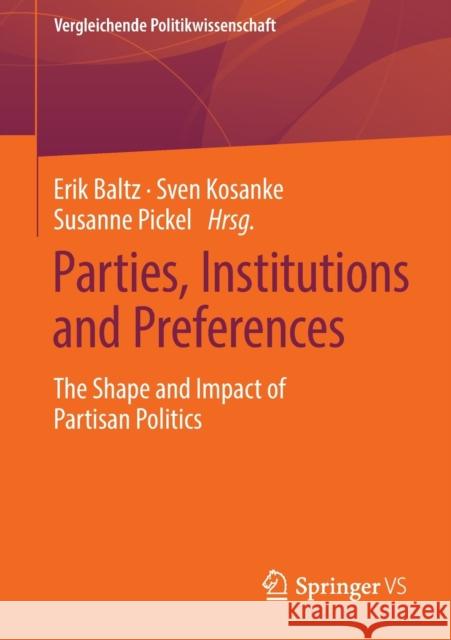Parties, Institutions and Preferences: The Shape and Impact of Partisan Politics » książka
topmenu
Parties, Institutions and Preferences: The Shape and Impact of Partisan Politics
ISBN-13: 9783658351328 / Angielski / Miękka / 2022
Kategorie BISAC:
Wydawca:
Springer vs
Seria wydawnicza:
Język:
Angielski
ISBN-13:
9783658351328
Rok wydania:
2022
Wydanie:
2022
Numer serii:
000797698
Oprawa:
Miękka
Wolumenów:
01
Dodatkowe informacje:
Wydanie ilustrowane











